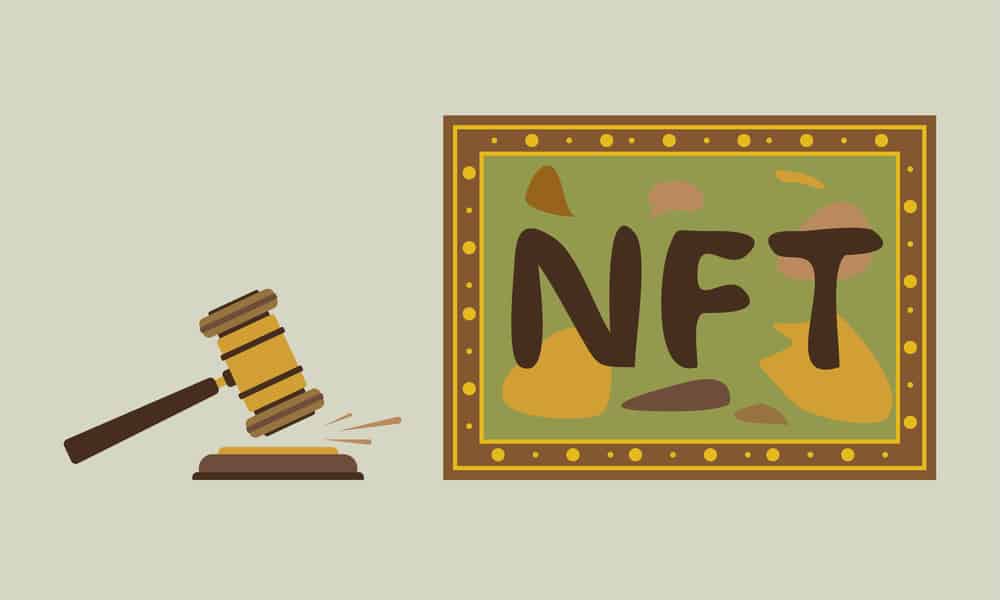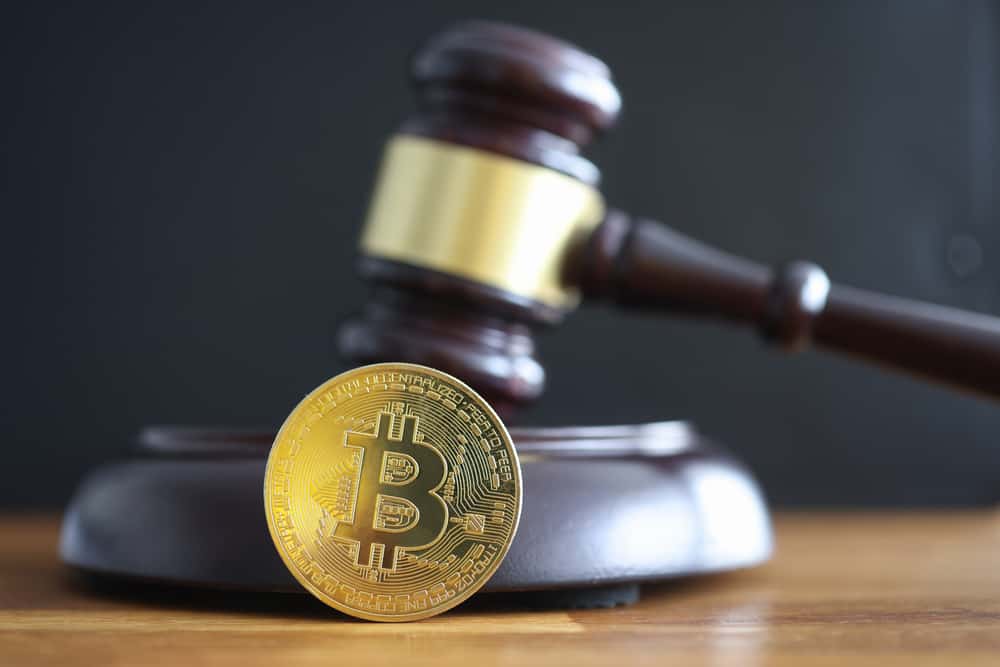NFTs and digital art have found their place in the investment marketplace. However, several pros and cons exist to these digital assets, and as lawyers, there are some legal perspectives we need to know.
Understanding NFTs
Non-fungible tokens (NFTs) are issued on a blockchain like cryptocurrencies. This process allows easier identification and authentication because each NFT is non-fungible, unique, and indivisible. Smart contracts offer the code for securely owning and storing NFTs because they prove ownership and authenticity of the NFT, whether it is digital art, music, an image, or any other content.
Each NFT is unique because of the link of the token to the smart contract on a distributed ledger, irrefutably establishing ownership. Therefore, the presence of many copies does not reduce the property rights of the creator.
Besides representing collectibles like digital art, event tickets, music, and even domain names, NFTs can also prove the ownership of physical assets.
Why People Invest in NFTs
NFT investors are often collectors of specific works, and they buy these to support the creators, whether these are musicians, artists, and even athletes. Some NFTs are worth millions; for example, the NFT of Jack Dorsey’s first tweet sold for close to $3 million, while others are much cheaper. So investors buy them hoping that their value will increase.
NFTs can’t be tampered with because of the blockchain, and every new transaction goes onto a new block, confirming the new owner’s information. Each item has a transaction chain that allows for a digital asset’s ownership to be tracked seamlessly throughout its existence.
Important Features of NFTs
These are some of the reasons NFTs are unique:
Verifiable
There is no room for error in digital assets because they are easy to identify and authenticate, even if they have changed hands multiple times.
Indestructible
NFTs are electronic and exist on the blockchain, meaning it is impossible to destroy, delete, or tamper with them. However, if an owner loses their wallet, they will lose their NFTs. Degradation or a breakdown of digital storage is also a concern.
Indivisible
NFTs can’t become sub-assets by breaking them down. Still, as opposed to investing in a painting that can’t be fractioned, NFTs offer an opportunity for more people to own a percentage of an asset through fractional ownership.
Giving Legal Advice to Issuers of NFTs
There are several things an issuer of an NFT needs to know. The most important is to ensure that they create a unique and authenticated NFT to which they hold the rights to reproduce and distribute it.
Therefore they must choose a reputable technology company to issue the token for them, ensuring a transparent and secure process. They must also take any royalty payments into consideration where these apply. Creators of NFTs receive their compensation on the first sale of their NFTs but may not receive a payment if they are re-sold later.
NFT creators need to choose their marketplace for their NFTs carefully. Some tend to make big promises, while others require significant down-payments for issuing these digital assets. The differences between blockchains are substantial, and creators must choose wisely.
Prepare to help your clients ensure clear disclosures about the NFT’s purpose as a royalty vehicle, whether they can expect an established trading market, and other risk factors and special considerations.
Giving Legal Advice to NFT Collectors
NFT collectors purchase a unique code linked to the product on a blockchain. Whatever their purchase, its purpose is to be stored in a digital wallet, sometimes controlled by a third party. First, they must understand why they collect that particular type of NFT.
Your client must understand that the value of the NFT relies on several factors, including the artist’s reputation, the work’s origin, etc., defining if its value will remain stable, increase, or decrease.
Owners often own the token and have a code linked to it. The underlying work has copies that others can possess. Therefore, they must know where the underlying work referenced by their NFT is stored, not always on the blockchain. Your clients must understand that ownership of NFTs can trigger several laws in the U.S. These include securities, commodities, consumer protection, anti-money laundering, and intellectual property rights laws.
Last Word on NFTs
As a lawyer, you need to ensure that your client NFT transactions are clear and transparent. Whether your clients are the creators or investors of NFTs, everyone needs advice on avoiding challenges. Your complete understanding of these unique provable assets and the applicable laws is invaluable for your clients.



